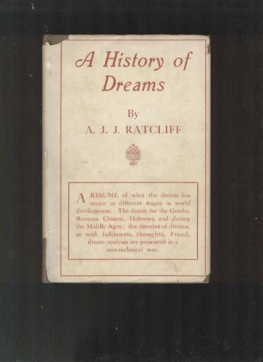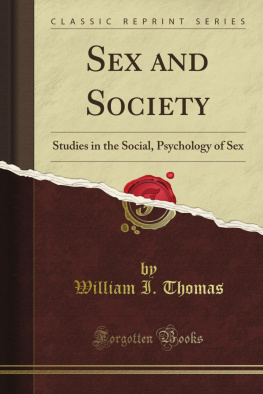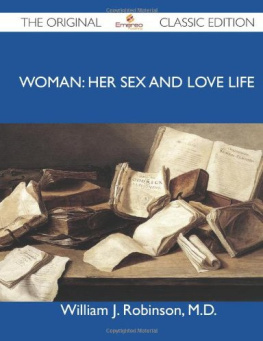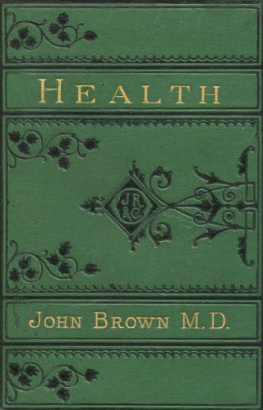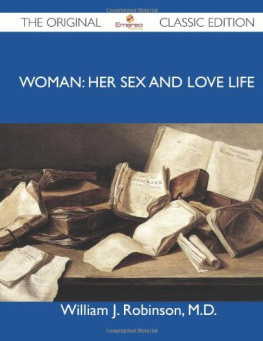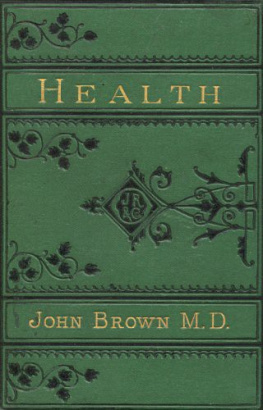I THE CHARACTERISTICS OF DREAMS
" We are such stuff
As dreams are made on; and our little life
Is rounded with a sleep."
Shakespeare, " The Tempest," IV. i.
D REAMS are witnessed," says R. L. Stevenson,* in that small theatre of the brain which we keep brightly lighted all night long, after the jets are down, and darkness and sleep reign undisturbed in the remainder of the body." They are little plays in which we are actors, with an audience of one; they are fantastic and rom antic, tragic and comic, with " Fears and tortures, and the touch of joy." ** Through thousands of years they have come and gone, as regular as sleep, always preserving their mystery, and defying scientific analysis to this very day. It is our purpose in this book to see in what manner they have been esteemed and interpreted by barbarian and cultured nations, blacks and whites, now and in the past. We would know how man, in all his stages from the brute, has looked upon this startling phenomenon, seeing that at the present day he is on the verge of solving the long mystery.
*"Across the Plains."
** Byron, "The Dream," Stanza I
Dreams are hallucinations, and sometimes even delusions. Hallucin ations, or the creation of some thing imaginary out of nothing real, a characteristic of powerful states of excitement and certain forms of insanity, are not so common in human e xperience as illusions, a mistaking one thing for another, as when the sun appears to move across the sky, when really it does nothing of the kind, the motion being mistakenly associated, with the object.
Hallucinations, however, are not infrequent, even in the persistent form of delusions. Lunatics think they are Queen Victoria or Napoleona delusion; a peritonitis patient complains that a church congress is sitting inside her, and she can hear the speakers' voicesa hallucination ; people afflicted with paranoia hallucinatoria hear taunting voices repeating their thoughts and following them about the streets; and other deranged people think they entertain, in daylight and wide-awake, kings, princesses, and angels. Blake, the artist and poet, was punished by his father for telling lies when he declared, honestly enough from his point of view, that he was late for tea because he had been delayed by " Ezekiel sitting under a green bough," and " a tree full of angels at Peckham."
THE CHARACTERISTICS OF DREAMS 3
Hysterical people and others dream of black cats, snakes and similar creatures; it used to be thought, indeed, that they were fast in league with the devil; and often enough, so absolute are their delusions, they have confessed to secret practices and endured the rack, the ducking stool and the stake rather than deny them.
Hallucinations are extraordinarily vivid, taking the reason by storm and compelling at least a momentary belief in their reality. Ordinary dreaming affects us like ordinary life, and for the time being imposes upon us. Wundt even calls it a state of " normal temporary insanity"; and this has been accepted before today as a valid plea in a murder trial. An inveterate somnambulist in the middle of the night, fancying the child sleeping beside him was a wild beast about to spring, picked it up in a frenzy of fear, and dashed its brains out against the wall. He was horrified when he realized his mistake; but he was tried on a charge of willful murder. The court, however, holding the opinion that a man could not be responsible for a crime done in his sleep, he was acquitted.*
* Reported by Dr. Clouston of Edinburgh; see Chambers' Encyclopedia , Vol. IV, 1901, art. " Dreaming."
4A HISTORY OF DREAMS
Dreams ar e more often than not visual. You may seem to speak, and quite understand what others seem to say, without the issue of any audible sound; a sort of intuition tells you. Doors may shut hard, and rifles fire, without sounds being heard, and yet they seem natural enough as long as the dream lasts.
All the same, sounds are heard in dreams; and it is not uncommon to experience also smells and tastes.
Experiments have been performed to find out the percentage of dreams relating to each of the senses, and the investigators, while naturally differing in detail, agree in the general conclusion that there are about seven sight dreams to three of hearing, the remaining sense-dreams being almost negligible. Prof. W. S. Monroe's analysis, after an examination of three hundred dreams of fifty-five of the women students of Westfield Normal School, Massachusetts, was as follows:
Taste impressions in fewer than 1 per cent of the dreams;
Smell impressions in rather more than 1 per cent;
Movement impressions in 5 per cent;
Touch impressions in 3 per cent;
Hearing impressions in 26 per cent; and
Sight impressions in 67 per cent.
Professor Monroe then followed up this experiment by another, to determine how far dreams of any particular sort could be stimulated intentionally; and he tried to procure taste dreams.
THE CHARACTERISTICS OF DREAMS 5
Twenty students were chosen, a crushed clove was put on each one's tongue before she fell asleep, the dreams were reported next day, and the process was repeated twenty times. There were two hundred and fifty dreams reported, but only in seventeen were there taste impressions (and only three were of cloves); in short, impressions just before sleep by no means always produce similar impressions in dreams and taste dreams least of all.
Dreams are not singular only in preferring one of the senses to the others; they also depart from the normal appearance and order of things in daily life, and violate the dreamer's moral principles. One Napier, a man who was kindness itself, dreamed, for example, that when he encountered his best friend, he ran him through the body with his sword,* thoroughly enjoying the sensation, and feeling a thrill of pleasure to see the point of the sword issue from his friend's back. Napier could not have dreamed such a thing, if his moral sense had been as alive and as strong as in his waking hours; his conscience was either too feeble to act, or else in total abeyance.
The same fate appears to overtake the sense of proportion and humor in dreams, or we should never tolerate the absurdities of transposition and caricature that we do.
* See article by Miss Cobbe, Macmillan's Magazine, 1873.
A HISTORY OF DREAMS
Many monstrous forms in sleep we see,
That neither were, nor are, nor e'er can be."
But while the dream lasts, they hold good, in a sort of land where " whatever is, is right." For a non-swimmer to swim, and a blind man to see, and a cripple to fly, are merely normal occurrences in dreams.
Paralysis is a favorite dream infliction of unparalytic people; a lion is going to spring, but they are rooted to the spot
"My spirits, as in a dream, are all bound up however, the lion is similarly paralyzed, and the sequel is less disastrous than anticipated. Indeed inconsistencies and extravagances are hardly ever absent from dreams.
Of the first of these there is a typical example in Hood's "Whims and Oddities." It " occurred when I was on the eve of marriage, a season when, if lovers sleep sparingly they dream profusely. A brief slumber sufficed to carry me in the night coach to Bognor. It had been concerted between Honoria and myself that we should pass the honeymoon at some place along the coast.

